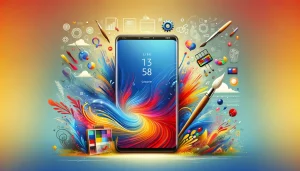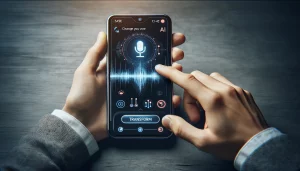Learning to play the piano is a dream for many people, but the lack of access to a physical instrument or in-person lessons can be an obstacle. Fortunately, modern technology offers us innovative solutions such as cell phone piano learning apps. These apps have transformed the way beginners and experienced musicians can practice and improve their skills, making piano learning accessible anytime, anywhere.
Benefits of Using Apps to Learn Piano
Accessibility
One of the main benefits of piano apps is accessibility. It is not necessary to have a physical piano or keyboard, as the application offers a virtual keyboard that simulates the experience of playing a real instrument. This allows anyone with a smartphone or tablet to start learning right away.
Flexibility
The flexibility to learn at your own pace is another significant advantage. The apps allow you to practice anytime, anywhere, fitting seamlessly into your daily routine. Whether during a coffee break, on public transport or in the comfort of your home, learning is always within your reach.
Interactive Learning Methods
Piano apps use interactive teaching methods that can make learning more effective and enjoyable. With features like video tutorials, educational games, and immediate feedback, students can improve their sheet music reading skills, rhythm, and technique in a fun and engaging way.
Wide Musical Repertoire
Many apps offer a vast library of musical pieces to learn, covering different genres and difficulty levels. This not only keeps learning interesting, but also allows users to expand their musical tastes and performance skills.
Economy
Compared to the cost of traditional piano lessons or purchasing a physical piano, apps represent an economical option. Many are free or offer affordable subscriptions, making piano learning more inclusive.
App Recommendations
When choosing an app to learn to play the piano, it's important to consider your goals, learning style, and skill level. Some popular apps include:
- Simply Piano: Ideal for beginners, it offers step-by-step lessons that cover basics to advanced.
- Yousician: Utilizes sound recognition technology to provide real-time feedback, suitable for all levels.
- Flowkey: Offers a wide selection of songs and interactive lessons, focusing on sheet music reading and technique.
Conclusion
Apps for learning to play the piano on your cell phone have opened new doors for music enthusiasts around the world. With their convenience, accessibility, and interactive learning methods, these apps have the potential to transform complete beginners into competent musicians. If you've always dreamed of playing the piano, downloading an app could be the inspiring first step on your musical journey.


